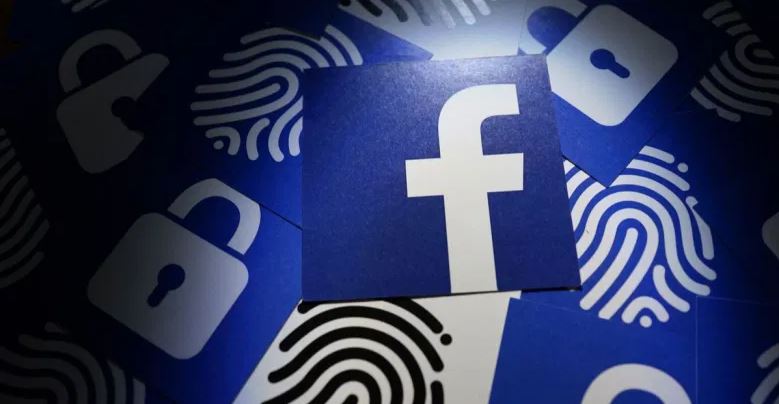

But this isn’t guaranteed.Įven a tech-savvy user would be limited to hunting for the leaked data themselves on underground websites.

If the website concerned is acting in your best interest, you should at least receive a notification. There’s no easy way to determine if your details were breached in the recent leak. We need to talk about the data we give freely of ourselves online and why it's useful While the data were initially obtained legitimately - as least, as far as Facebook’s rules were concerned - it was then passed on to a third party without the appropriate consent from users. This too was not a hacking incident, but a misuse of a perfectly legitimate function of the Facebook platform. In 2018 Facebook was reeling from the Cambridge Analytica scandal. In the case of Facebook, criminals can mine Facebook’s systems for users’ personal information by using techniques which automate the process of harvesting data. PayID data breaches show Australia's banks need to be more vigilant to hacking Ireland is at the center of litigation between the EU and technology companies because, in addition to Meta, Apple, Google, and TikTok all have European headquarters there.Chief technology officer of cybercrime intelligence firm Hudson Rock, Alon Gal, discovered the leaked database, posting screenshots on Twitter. "We are likely to see increased debate about whether … some companies simply see (such fines) as an added cost of doing business," he said. He said companies now seem to factor them in to their operations. In addition, in March Meta was fined 17 million euros for other breaches of the EU's General Data Protection Regulation, or GDPR.ĭespite the fines, a legal expert told The Guardian newspaper problems may persist.ĭavid Hackett, head of data protection in the Ireland office of law firm Addleshaw Goddard, said "by any measure, these are significant fines".īut he said such fines were initially aimed at serving "as a deterrent to other companies" that "might consider breaching the law". This week's fine follows a 405-million-euro penalty issued by the DPC in September, after it found teenagers had been able to set up Instagram accounts that publicly displayed their phone numbers and email addresses. The EU also officially reprimanded Meta over the incident, and ordered the company to ensure future compliance with its rules. "Because this dataset was so large, because there had been previous instances of scraping on the platform, where the issues could have been identified in a more timely way, we ultimately imposed a significant sanction," she told the BBC.

Helen Dixon, Ireland's data protection commissioner, said Facebook had fallen victim to "data scraping" before the incidents in 20, but failed to protect users' information. "That's why we have cooperated fully with the Irish Data Protection Commission on this important issue," the company said while insisting it is no longer possible to "scrape" information from Facebook accounts through the use of account holders' phone numbers. Meta said in a statement it had made changes since the breach and that "protecting the privacy and security of people's data is fundamental to how our business works". The case was heard in Ireland, which is a member of the EU, because it is home to Meta's European headquarters. In the latest incident, Ireland's Data Protection Commission, or DPC, found the United States company had broken EU data protection rules by failing to stop the "scraping" of personal data from Facebook accounts during 20, which was then published on a hacking website.
#Facebook breach 2021 series#
The fine was the latest in a series of legal setbacks for Meta, including almost 1 billion euros in European Union fines since September 2021. Ireland's data protection watchdog has fined the parent company of internet giants Facebook, Instagram, and WhatsApp 265 million euros ($275 million) for failing to stop hackers from gleaning the details of more than 500 million Facebook users. The Meta logo on smartphone in front of logo of Facebook, Messenger, Instagram, WhatsApp, Oculus in this illustration picture taken Oct 28, 2021.


 0 kommentar(er)
0 kommentar(er)
